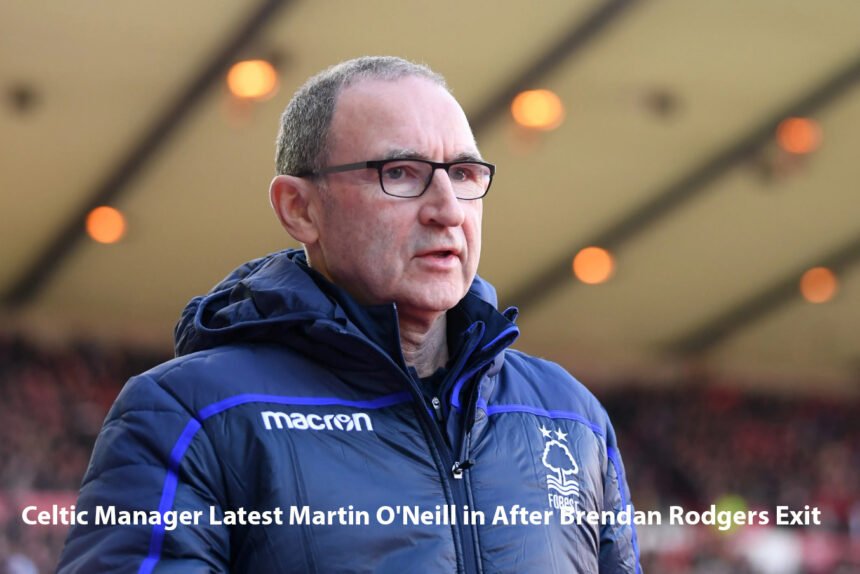The football world was jolted when the club announced that Brendan Rodgers had resigned from his role as Celtic manager. The decision followed a poor start to the season, including major European disappointment and a domestic defeat that left the Scottish champions trailing their rivals by a significant margin.
Within hours, the club confirmed that Martin O’Neill would be brought in as interim manager, supported by former player Shaun Maloney. Rodgers’ tenure ended with Celtic eight points behind league leaders following a 3-1 loss to Heart of Midlothian. The board, chaired by major shareholder Dermot Desmond, issued a strongly worded statement accusing Rodgers of creating a divisive atmosphere and undermining the club’s structure.
Desmond stated that the manager had been given full control over football matters and concluded that recent conduct had “contributed to a toxic atmosphere.” As the announcement landed, the club issued thanks for Rodgers’ past successes during which he led Celtic to back-to-back league titles in his return spell, but acknowledged the need to move in a new direction.
O’Neill’s Interim Mission – Steady the Ship
At age 73, Martin O’Neill returns to the club he guided from 2000 to 2005 with considerable success, including three league titles and a memorable run to the UEFA Cup final in 2003. His appointment as interim manager is intended to provide stability, with the club already signalling that a search for a permanent replacement is underway.
O’Neill himself has made clear that his return is “short-term” and that the role of interim must be taken literally; he will keep the seat warm while the club seeks a younger, long-term coach. He told broadcasters that Celtic face a period of transition, and maintaining momentum will be the immediate priority. His first tasks will include preparing for an upcoming cup semi-final and rebuilding confidence in a squad shaken by recent results.
His old familiarity with the club culture, the fan base, and the expectations may prove invaluable during this phase. Yet there is no guarantee he will be the permanent solution. Names such as Kieran McKenna and Ange Postecoglou have already emerged in speculation, suggesting the club’s ambition remains firmly fixed on a long-term plan.
What Went Wrong Under Rodgers?
Rodgers’ second spell at Celtic had begun with optimism and success; two league titles and a domestic cup triumph were delivered. However, cracks appeared when the European qualification was missed, and a series of key defeats undermined momentum. Tensions reportedly rose internally over transfer policy, recruitment issues, and public criticism of club operations.
Desmond’s scathing public remarks highlighted that the board had offered Rodgers a contract extension earlier in the year, yet they believed his later public comments implied insufficient club support, an assertion the board rejected. The resulting friction, they claimed, affected cohesion at the club and fueled discontent among supporters and staff. Internally, the players and performance levels were believed to have suffered. The defeat to Hearts was not just a result; it served as a tipping point, triggering questions about direction, culture, and leadership.
The Road Ahead – Challenges and Opportunities
For Celtic, the immediate challenge will be to restore stability and halt the momentum loss. O’Neill’s task is to rebuild confidence, sharpen performance, and protect the club’s title defence and European ambitions. The squad will be expected to respond to a renewed sense of urgency and a return to basics, identity, discipline, and the Celtic way.
The long-term challenge remains finding the right permanent manager. The club appears to be targeting a younger coach with modern ideas, someone who can build across multiple seasons rather than deliver quick wins. The interim period gives the board breathing space to conduct that search, while the team holds onto its competitive ambitions.
If O’Neill succeeds in steadying the ship, he may earn the credibility to influence the selection of the next manager. But ultimately the decision rests on the club’s future vision and aligning it with the football strategy, recruitment policy, and performance standards that Gaelic Park supporters expect.












